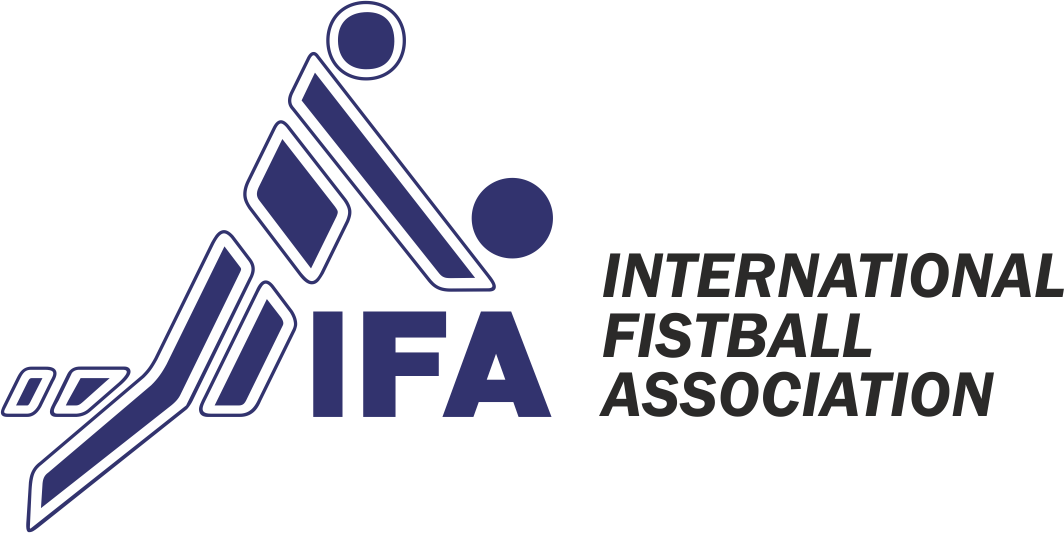History
Until 1990
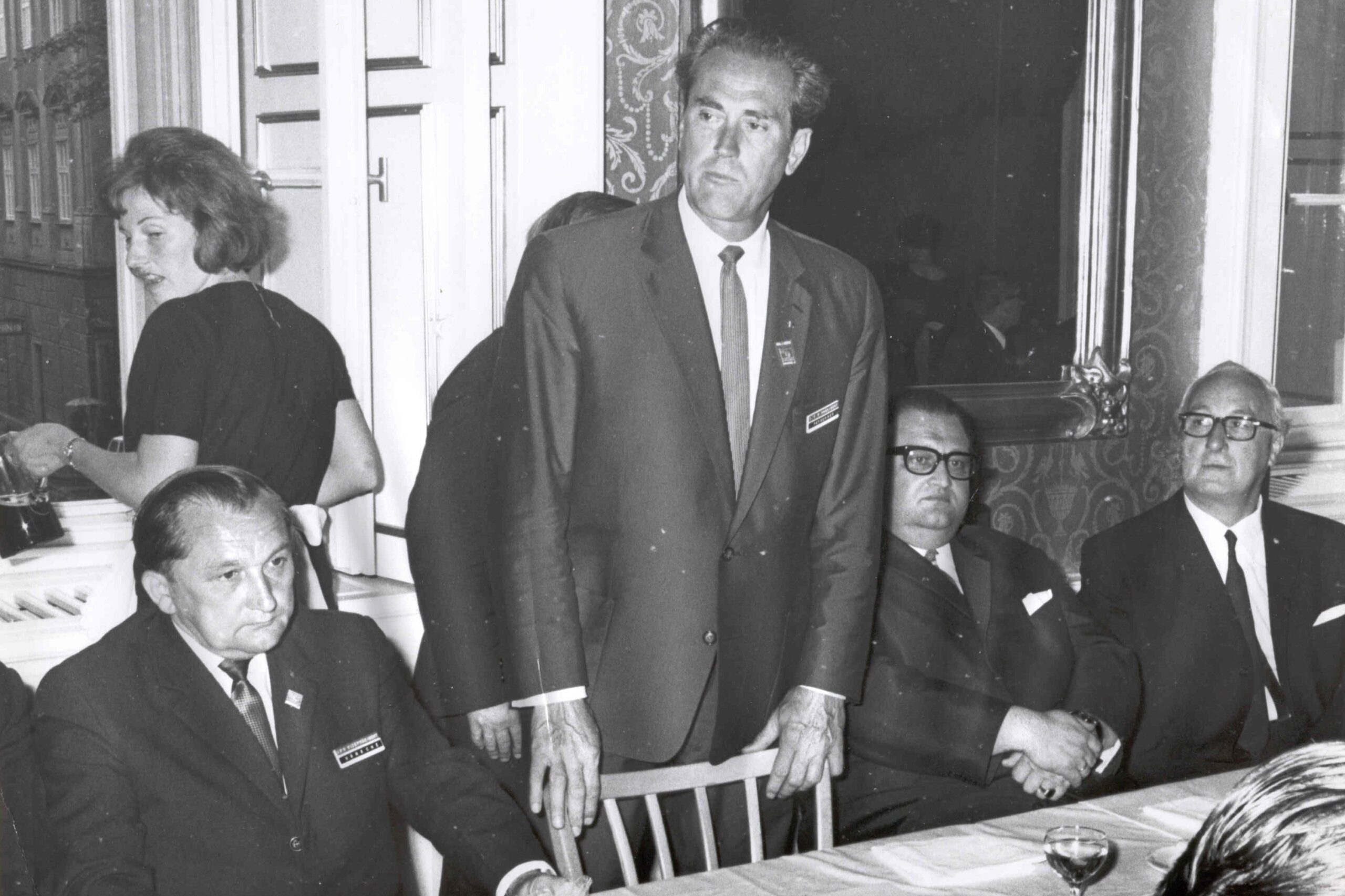
1960
The first steps toward creating an international fistball federation began in the late 1950s. In October 1958, a rules conference in Bolzano, Italy, brought together representatives from Germany, Austria, Switzerland, and Italy. A draft constitution for the “International Fistball Federation (IFV)” was presented by Erich Petschnek from Austria. On January 30, 1960, the IFV was officially founded in Frankfurt am Main by representatives from the Federal Republic of Germany, the German Democratic Republic, and Austria. Just months later, the first constitutional congress took place with six nations attending – including Brazil, marking the start of a global organization.
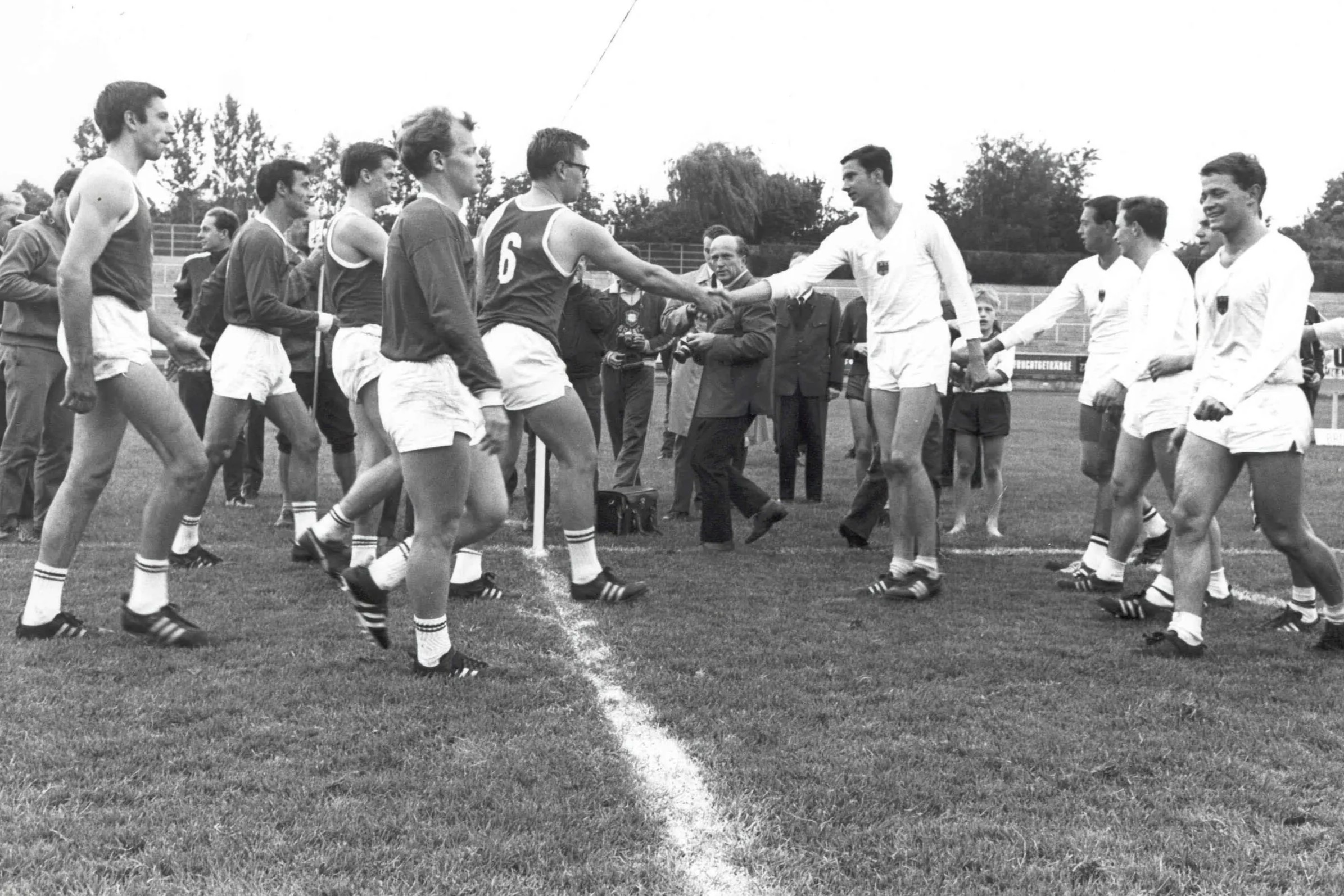
1968
After years of planning, the inaugural Men’s Fistball World Championship was held in 1968 in Austria, across venues in Steyr, Altheim, Gallneukirchen, Wels, and Linz. Eight nations participated, with West Germany taking home the first world title. This event laid the foundation for international high-level fistball competition and has since been held every four years, expanding in size and prestige.
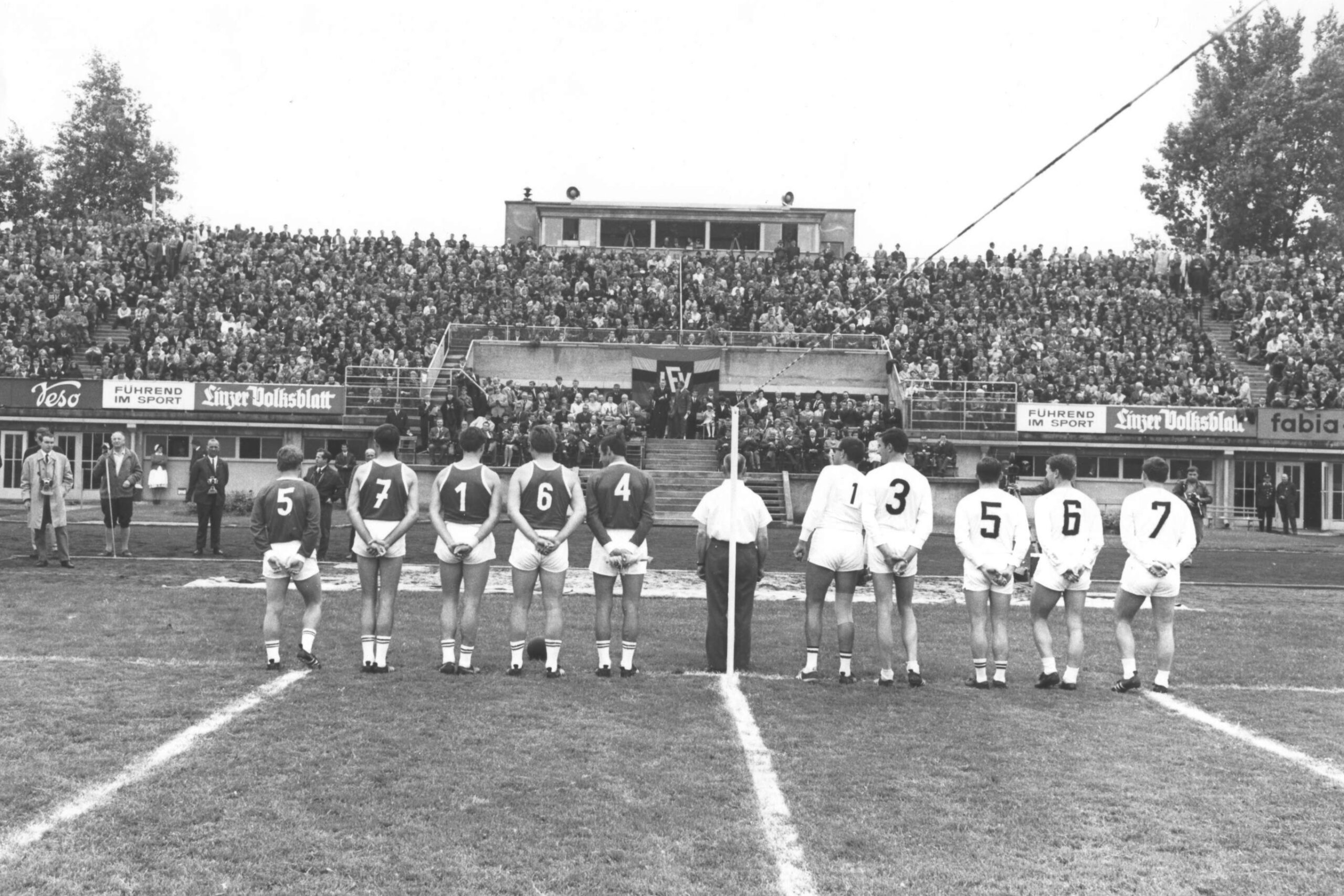
1972
In 1972, the IFV was accepted into the General Association of International Sports Federations (GAISF), now known as SportAccord. This marked an important step in the sport’s international credibility. The same year, a rule update allowed the net to be included in official match play, further modernizing the game. Alfred Reifeschneider from Chile became the first non-European to be elected to the Board of Directors.
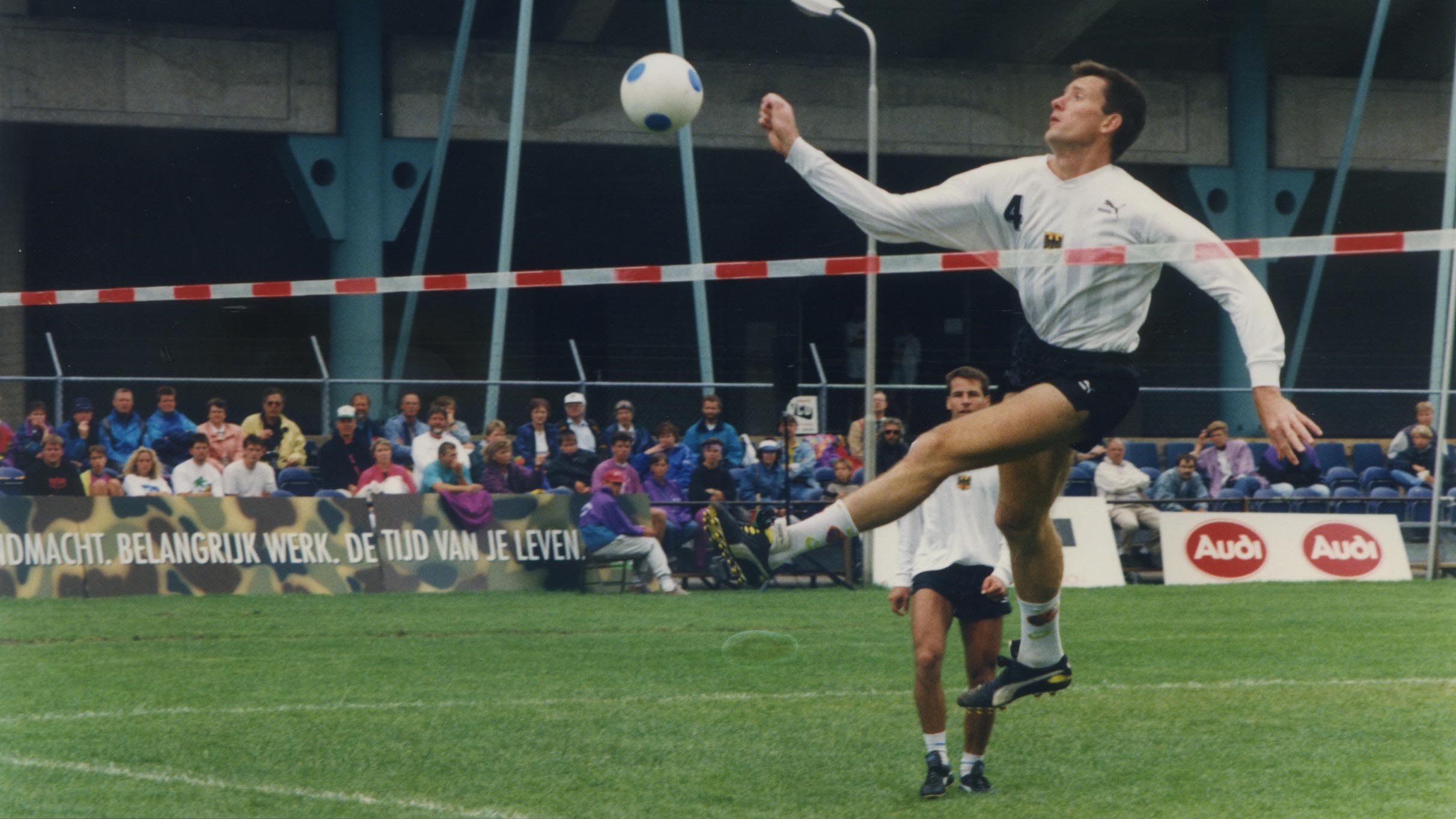
1985
Fistball debuted at The World Games 1985 in London, with top teams from Germany, Austria, Switzerland, and Brazil competing. This marked a key milestone in fistball’s journey as a recognized international sport and brought the game to a broader global audience. Four years later, in 1989 in Karlsruhe, fistball was once again part of the World Games and finally established the men’s competition as a sport in the multi-sport event.
Since 1990
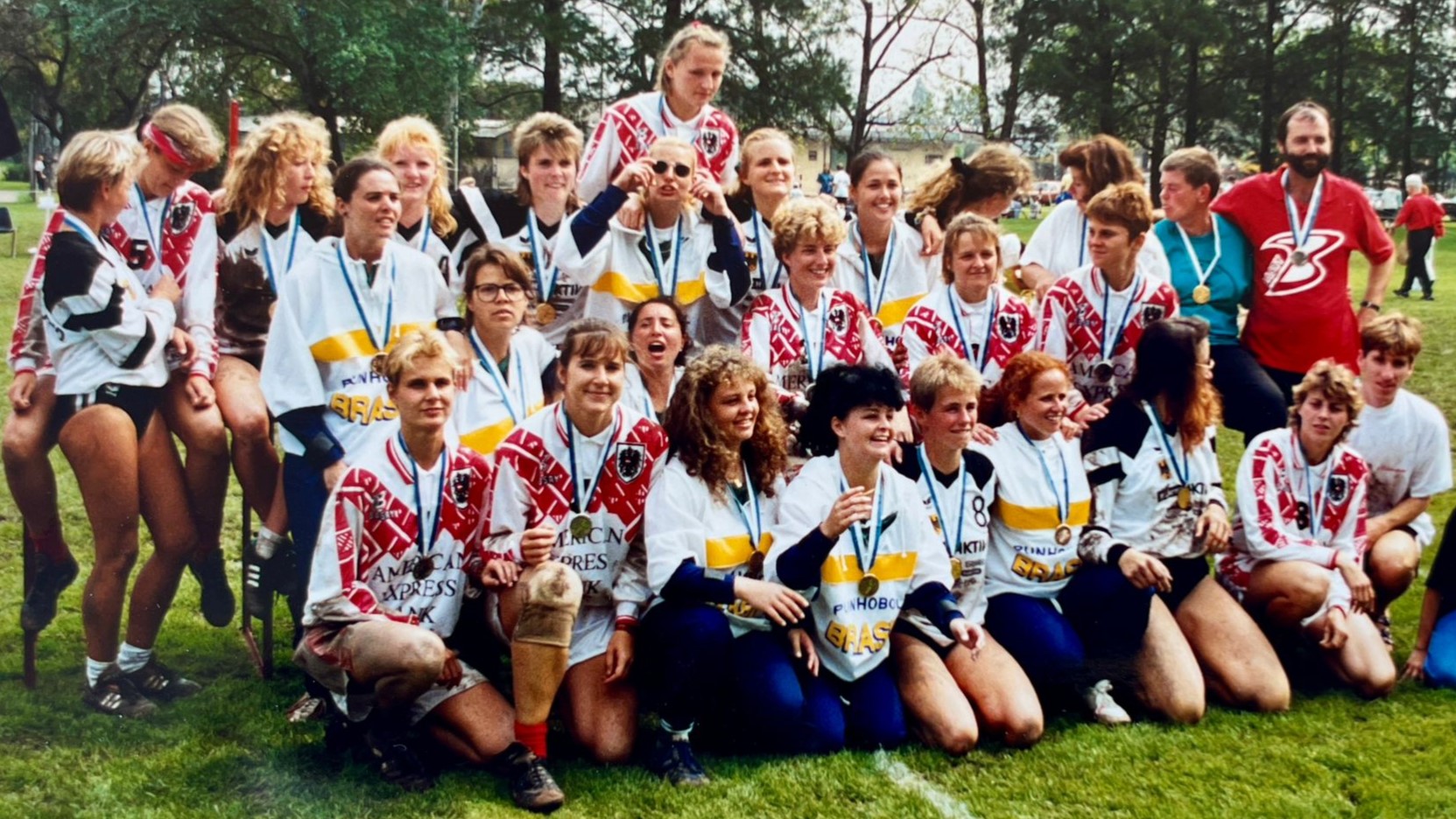
1994
A significant breakthrough for gender equality in the sport came in 1994 with the first Women’s Fistball World Championship in Buenos Aires, Argentina. Eight nations took part, with Germany emerging as the first world champion. Since then, the women’s competition has grown in participation and prestige, becoming a biennial event as of 2014.
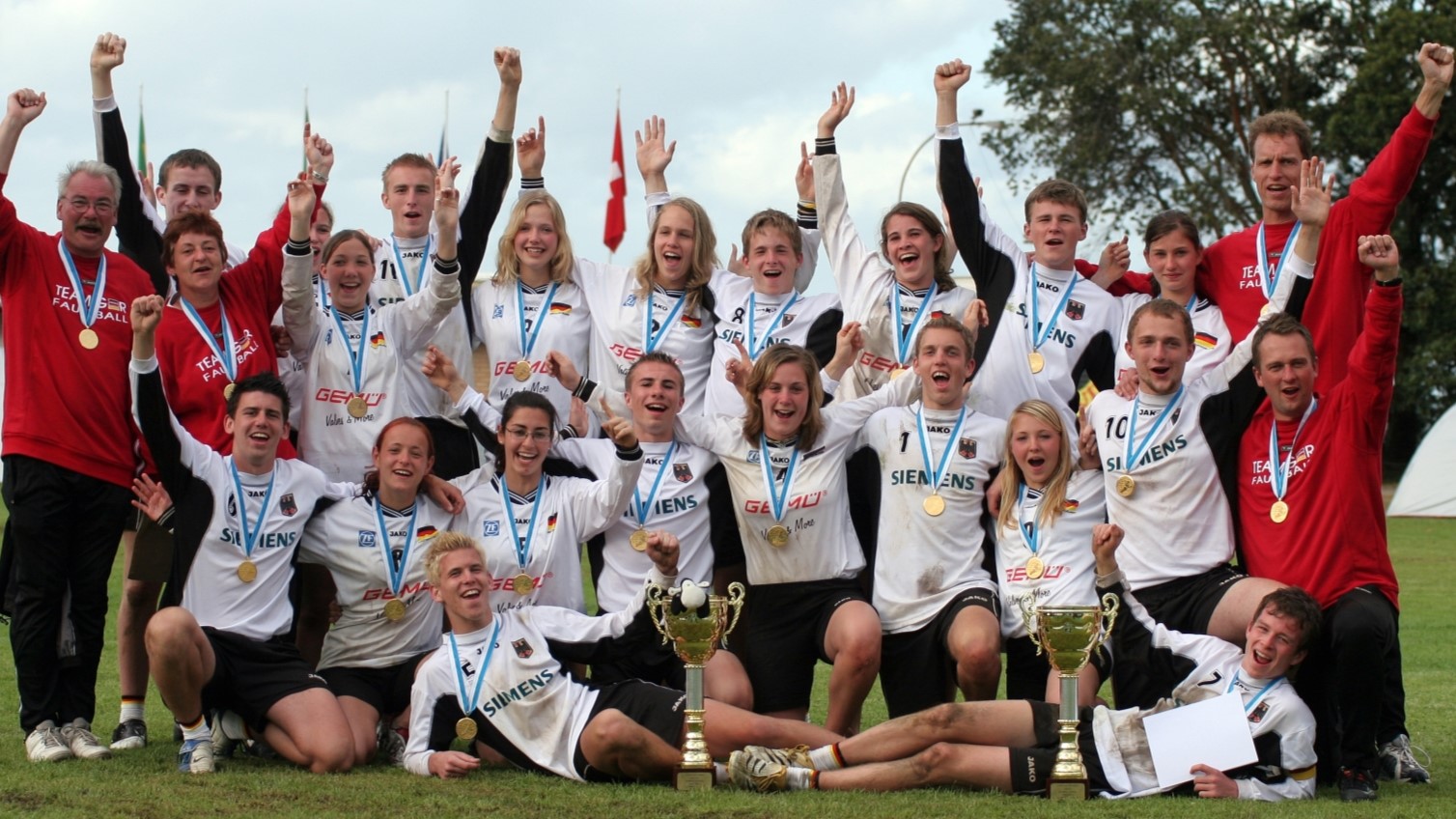
2003
Recognizing the importance of investing in young talent, the IFA launched the first U18 Boys World Championship in 2003 in Bolzano, Italy, followed by the first U18 Girls event in Chile in 2006. These tournaments have become a cornerstone of youth development and international exchange, providing a vital platform for the next generation of fistball athletes.
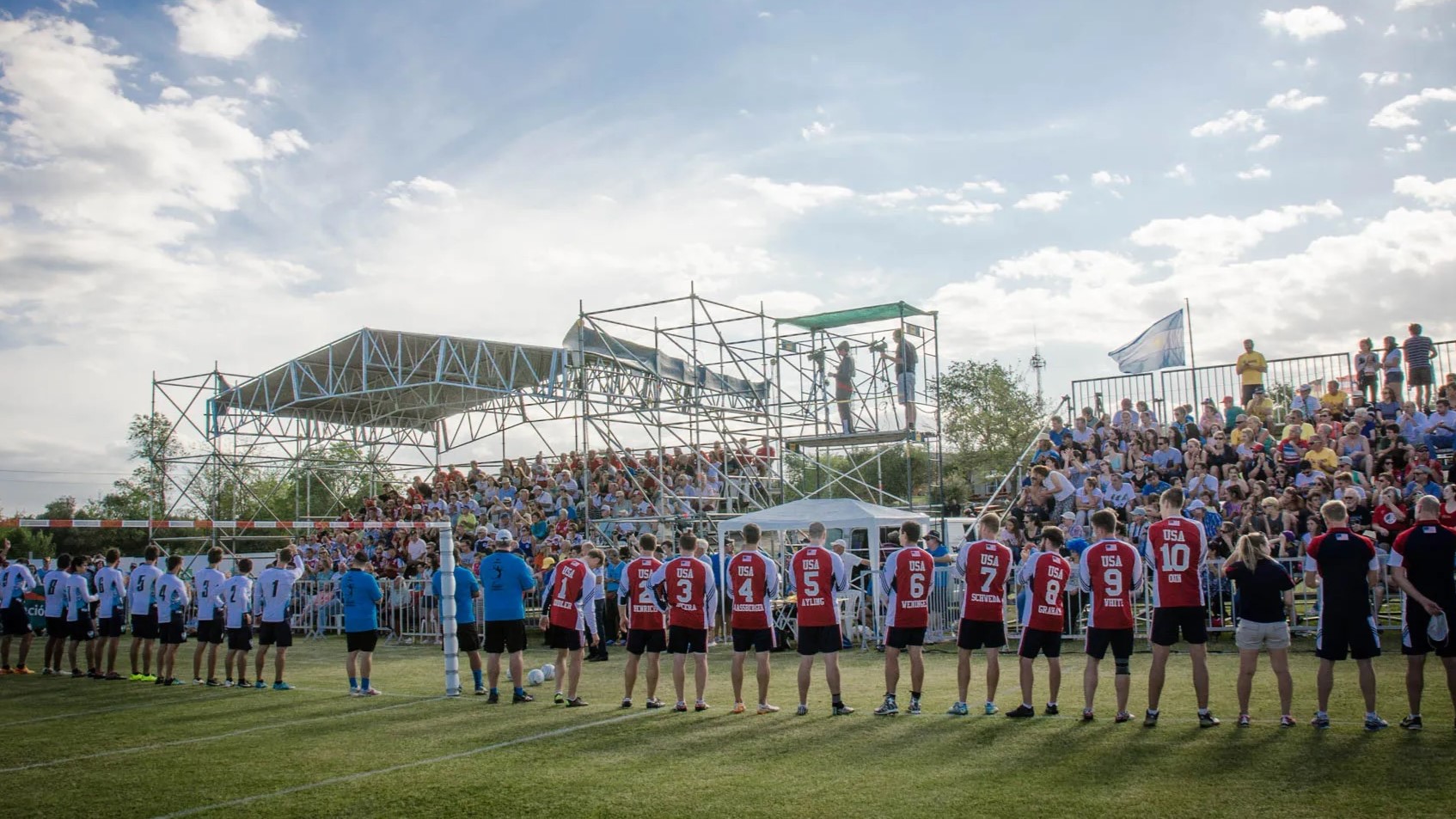
2015
Under the presidency of Karl Weiß (since 2011), the IFA initiated major structural reforms, including the creation of continental federations responsible for regional championships. New member nations such as South Africa, Pakistan, Colombia, and Australia joined, making fistball truly present on all continents. A modern governance structure was introduced to reflect a more inclusive and effective global federation. The first continental fistball associations (European Fistball Association & Pan American Fistball Association) were founded in 2015 and 2016.
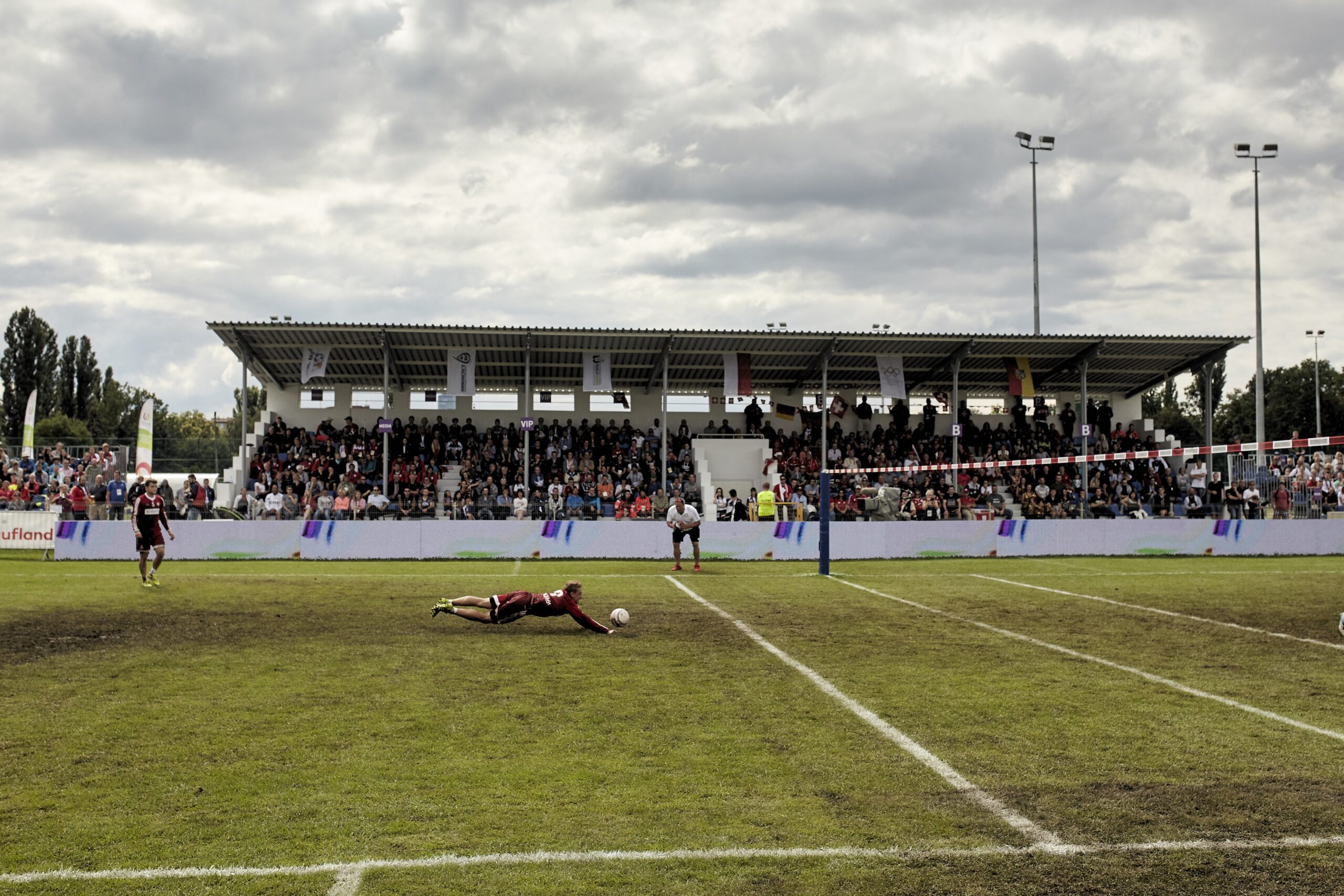
2017
In a major step toward professionalization, the IFA moved its headquarters to Linz, Austria, in early 2017 and appointed Christoph Oberlehner as its first full-time Managing Director. This move provided the IFA with a stronger organizational foundation and has allowed for more strategic development in areas like marketing, event coordination, and athlete services.
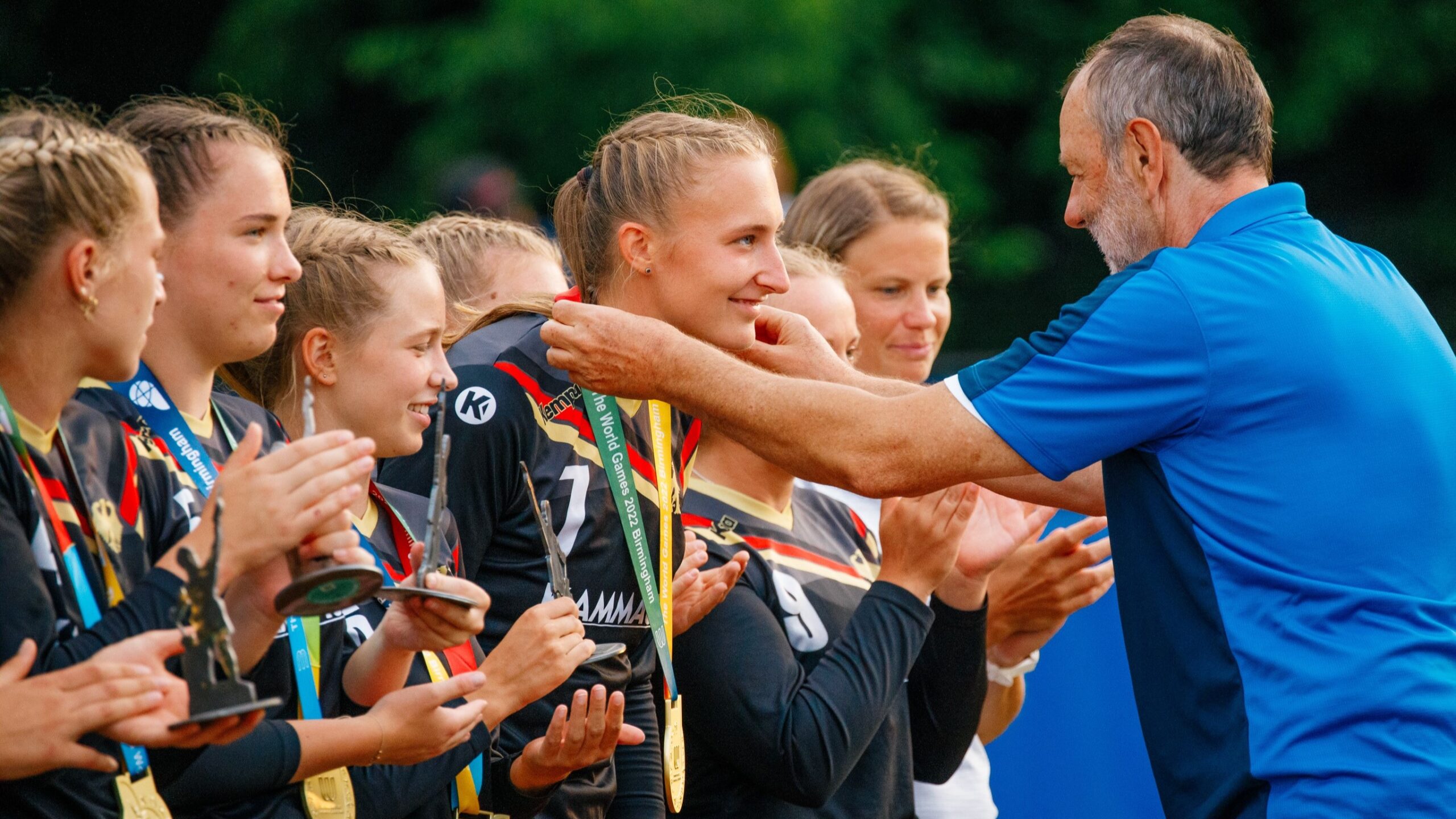
2022
The inclusion of women’s fistball in the official program of The World Games 2022 in Birmingham, USA, was a historic moment for the sport. This step toward gender equality not only reflected the growth of women’s fistball but also opened the door to new audiences and athletes worldwide. It marked a strong signal of inclusion and the continued modernization of the sport on the global stage. After six teams took part in the premiere, eight teams will be on the starting line for the second edition in 2025 – the same number as in the men’s competition.
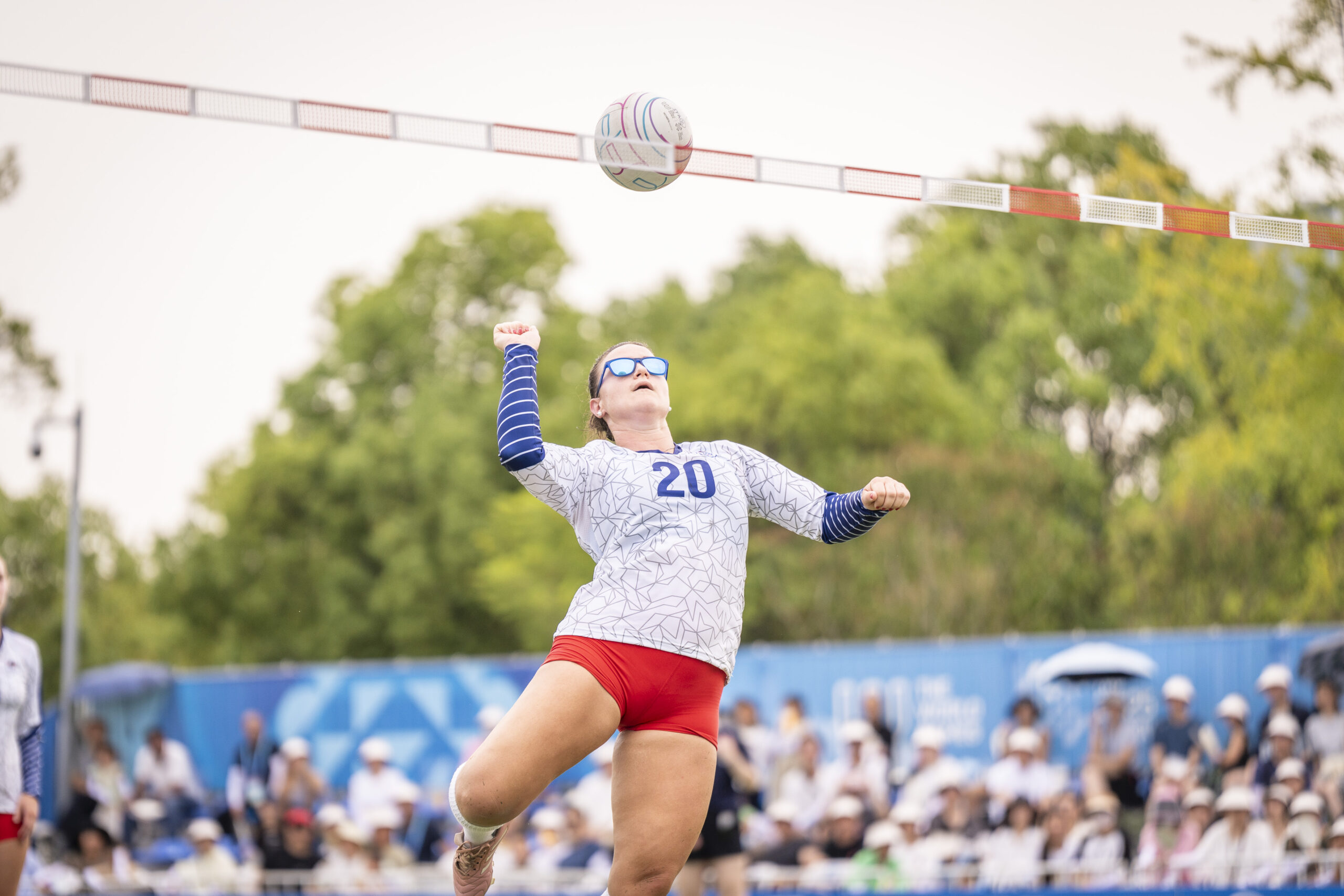
WE ARE FISTBALL
THE INTERNATIONAL FISTBALL ASSOCIATION
The IFA supports and promotes fistball worldwide. Our board, commissions, and team work together to develop the sport, assist national associations, and provide guidance for athletes and teams.
We represent the interests of the international fistball community and act as a reliable point of contact for all matters related to the sport.
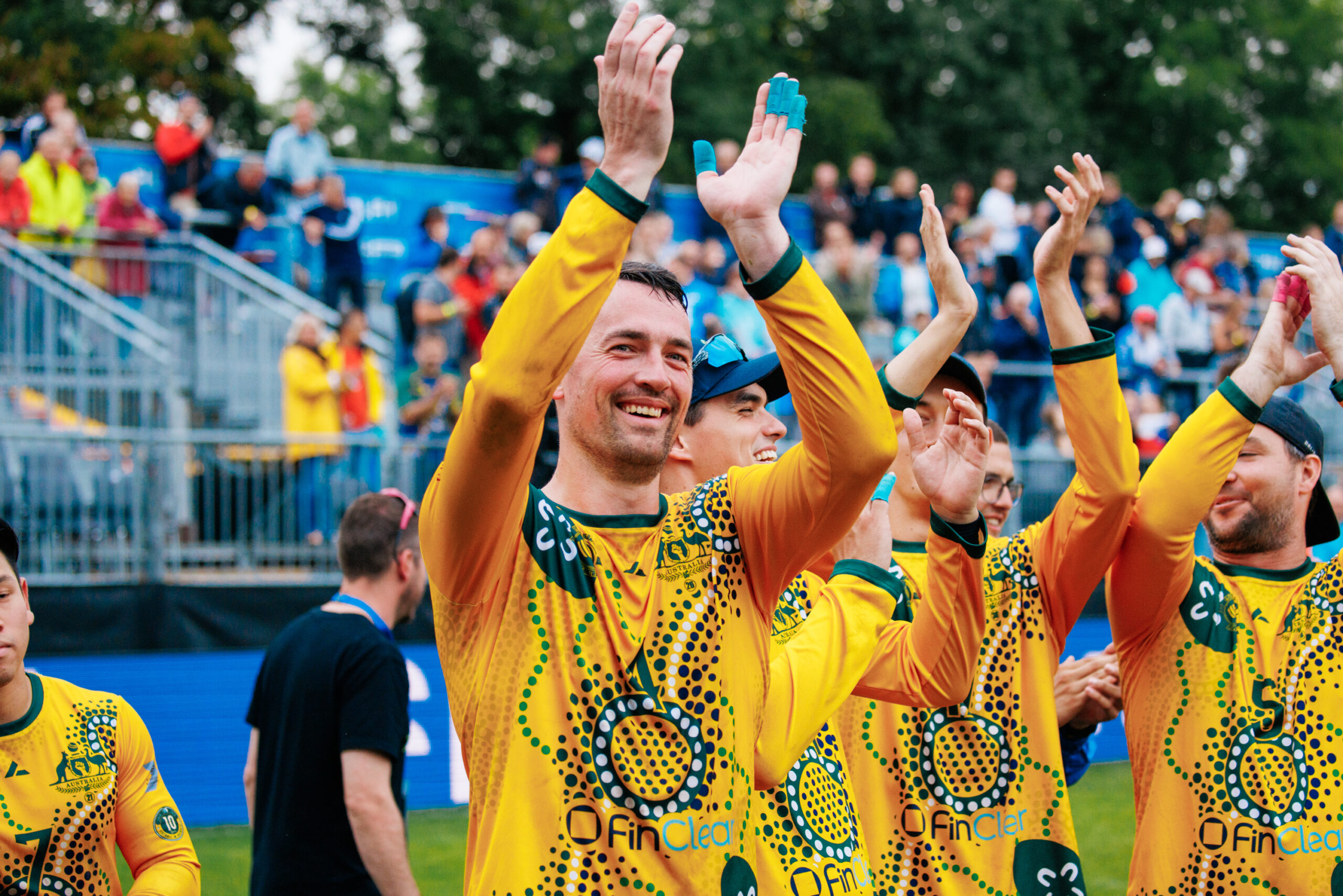
Associations
In every country where fistball is actively practiced, there is a national association with passionate people who are responsible for this sport.
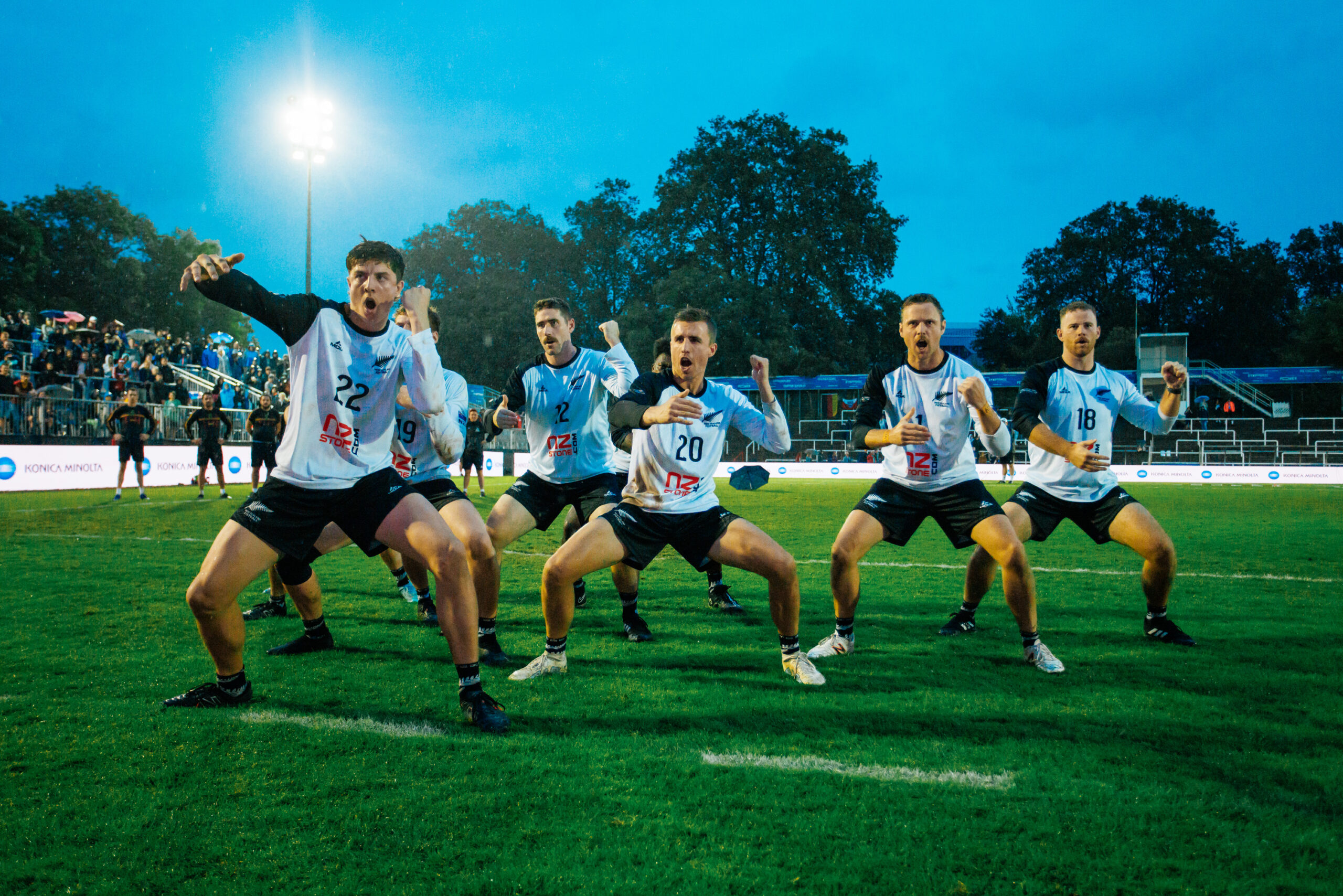
Events
IFA events bring together athletes from around the world, showcasing fistball at every level – from youth and club competitions to continental championships and world-class tournaments.
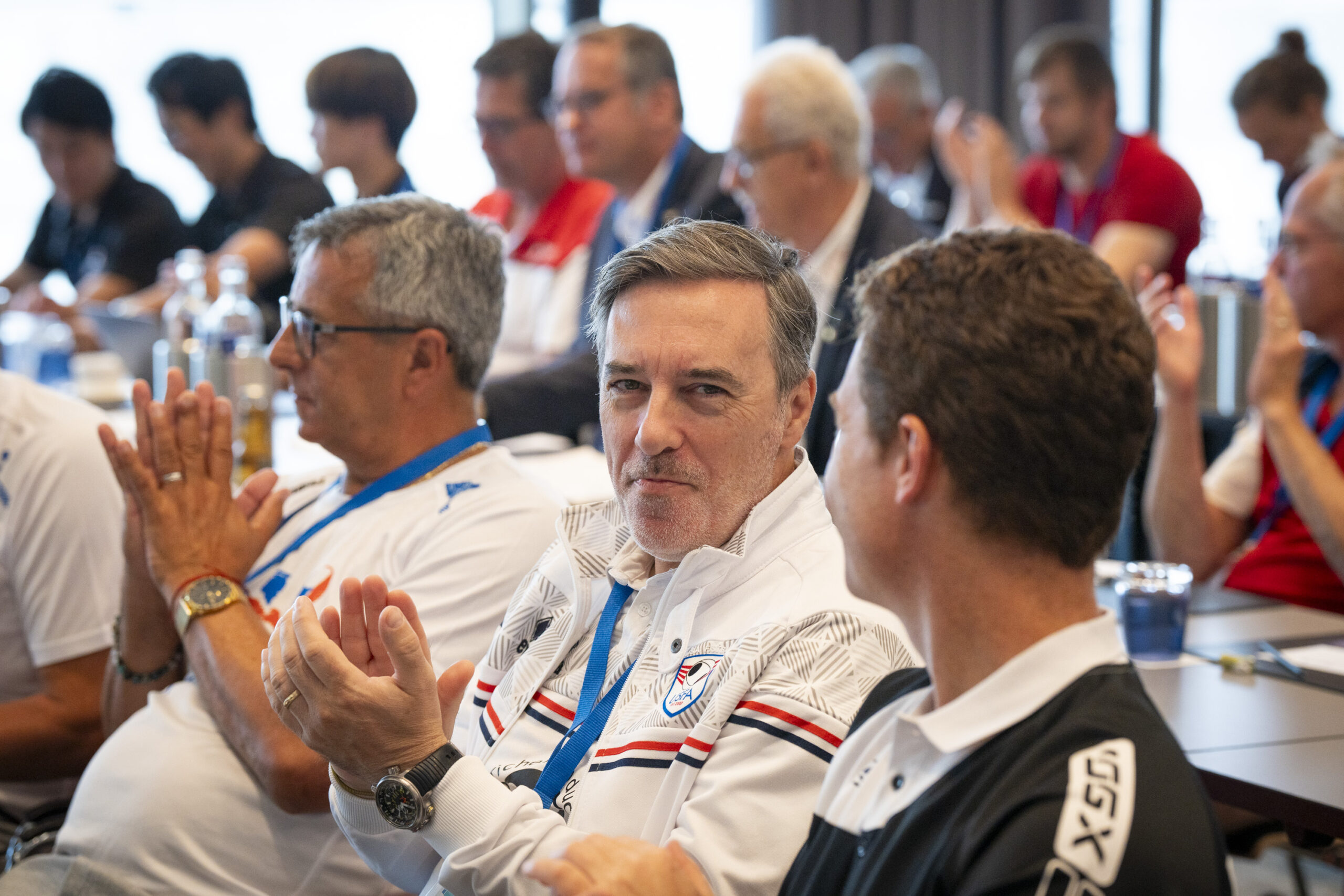
Congress
The IFA Congress is the federation’s highest decision-making body, where all member federations come together with equal voice to shape the future of international fistball.
